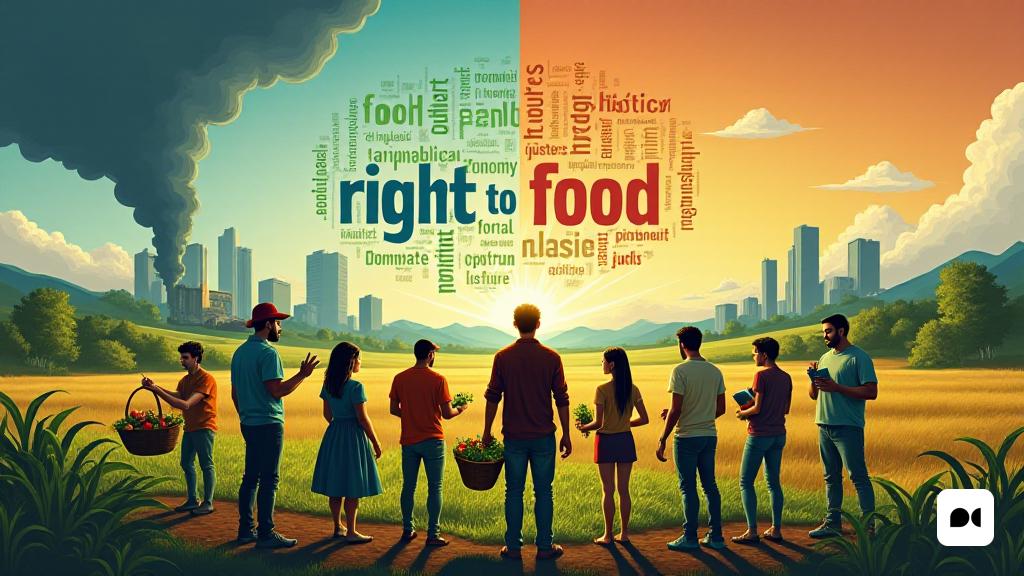Reviewing the right to feeding
The concept of ‘right to feed’ is often perceived limitedly, mainly associated with emergency and precarious situations. Instead, it should be understood as a universal right that transcends crises and should be guaranteed by all societies.
Food as a market product
In our contemporary society, food is reduced to a consumer good, often influenced by market trends and ideologies that promote healthy lifestyles. This reduction in food to a simple commercial product makes its social and cultural importance dilute.
Food as a daily task
The responsibility of eating has become a routine that is often not enjoyed, creating a disconnect between us and the richness of our diet. Instead of celebrating food, it is often seen as a load to be solved.
Priorities of the current food system
Investments in agriculture are, in many cases, driven by economic interest rather than the need to feed the population. This distortion leads us to ask if the goal is social well-being or private benefit.
A critical view of the system
Horacio Machado, an expert in political ecology, describes the commercialization of food as an act that sacrifices the fundamental values of community and interdependence. Food, according to him, is an act that connects us with the cosmos and with all living things.
Claiming a new food model
Defending the right to eating involves promoting a food system that prioritizes the well -being of people and respect for the environment. This demands a change in the way we see the economy and our relationship with the earth.
The need for transformation
Despite the advances that have been made through local cooperatives and initiatives, coexistence with extractive models is unsustainable. The fight for a fair diet system requires a radical change in public policy.
Future of the right to feed
The need to dismantle diet is more urgent than ever. There are examples of community policies that have shown that it is possible to build a food system that respects human rights and diversity. It is time to seize this fundamental right and to work for a model that not only seeks to solve famine, but also ends with the inherent injustices of the current system.

